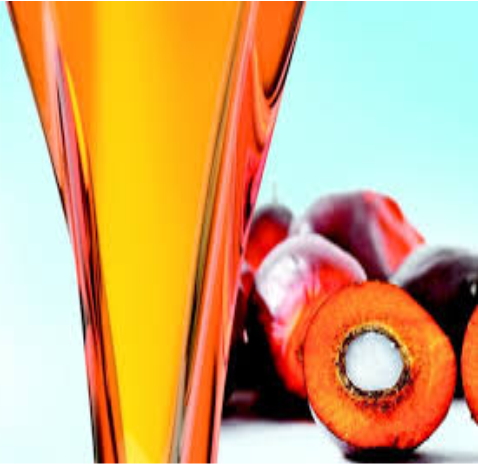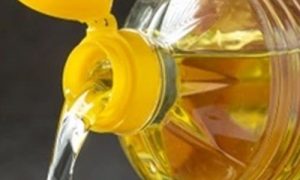Ghana is investing $500 million in its palm oil industry to reduce imports and boost domestic production.

Ghana will invest $500 million under its 2026–2032 National Integrated Palm Oil Policy to cut palm oil imports and boost self-sufficiency. The plan offers long-term concessional financing, supports plantation expansion, and aids smallholders with inputs and training. Challenges include widespread smuggling, prompting tighter border controls to protect domestic producers and attract investment.
Ghana has announced plans to invest $500 million in strengthening its palm oil sector as part of a strategy to reduce import dependence and increase domestic production. The initiative, outlined in the 2026 Budget and Economic Policy, will transform the country into a self-sufficient palm oil producer.
Ghana currently meets approximately 70% of its own needs, but is forced to import the remaining 30%, spending nearly $200 million annually. The investment program will be implemented through the National Integrated Palm Oil Policy for 2026-2032, developed jointly with the World Bank, the Development Bank of Ghana, and other financial institutions.
The policy envisages the launch of a long-term financial mechanism with preferential loans, a five-year grace period, and the ability to cover up to 70% of the cost of industrial projects. This model is critically important, as oil palm plantations reach full maturity in approximately seven years. The program will also encourage plantation expansion and attract both local and foreign investors.
Special attention is being paid to small-scale producers, who are key to the industry. The government plans to provide farmers with improved seeds, subsidized fertilizers, marketing guarantees, accessible financing, and training. The creation of a Smallholder Support Fund is planned, targeting women and youth in particular, with the aim of replicating the successful integration models used in Malaysia and Indonesia.
Despite its ambitious plans, the government acknowledges challenges, including widespread illegal imports that undermine the profitability of local businesses. Industry organizations estimate that up to 90% of edible oils on the Ghanaian market are smuggled. Authorities are seeking to strengthen border controls to protect domestic production and create conditions for the industry’s sustainable development.
To Read more about Edible Oil News continue reading Agriinsite.com
Source : Ukr Agro Consult















